
For a better and faster shopping experience, download app
Unkown
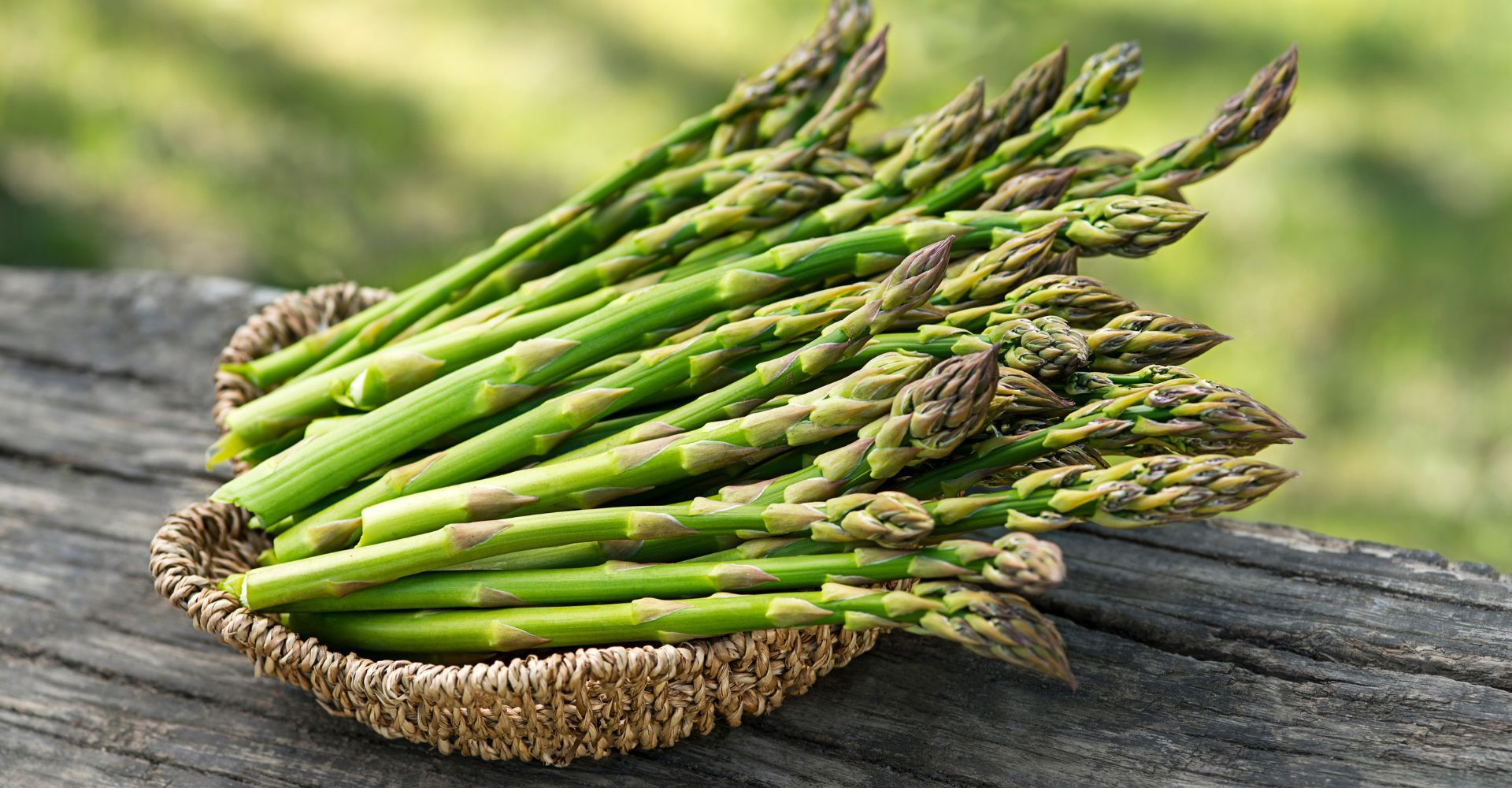
15 Powerful Fruits and Vegetables to Improve Gut Health
Introduction
Your gut is more than just a digestive system—it's a complex ecosystem that influences everything from your immune function to your mental health. The gut microbiome, consisting of trillions of bacteria, fungi, and other microorganisms, plays a crucial role in maintaining overall health. One of the most effective ways to support this internal ecosystem is through diet, particularly by consuming fruits and vegetables rich in prebiotics, fiber, and essential nutrients. This guide explores the best produce options to enhance your gut health and why they work.
Understanding Gut Health
Before diving into specific foods, it's important to understand what constitutes a healthy gut. A balanced microbiome features diverse bacterial populations, with beneficial microbes outnumbering harmful ones. This balance supports:
- Efficient digestion and nutrient absorption
- Strong immune system function
- Reduced inflammation
- Improved mental health through the gut-brain axis
- Better hormone regulation
Diet is one of the primary factors influencing this delicate balance, with fiber-rich fruits and vegetables offering particular benefits.
Top Gut-Friendly Fruits
1. Berries (Strawberries, Blueberries, Raspberries, Blackberries)
Benefits:
- Rich in polyphenols that feed beneficial gut bacteria
- High in soluble and insoluble fiber
- Contain anthocyanins with anti-inflammatory properties
- Lower in fructose compared to many fruits
Why They Work: Berries provide a perfect combination of prebiotic fiber and polyphenols that promote the growth of beneficial bacteria like Bifidobacteria and Lactobacilli. Research shows that regular berry consumption can increase microbial diversity and improve gut barrier function.
2. Kiwi
Benefits:
- Contains actinidin, an enzyme that aids protein digestion
- High in soluble fiber
- Rich in vitamin C for gut lining health
- Natural source of prebiotics
Why It Works: Studies have shown kiwi can help with constipation and improve bowel movement frequency. The unique combination of soluble fiber and actinidin makes kiwi particularly effective for supporting digestive regularity.
3. Bananas
Benefits:
- Rich in resistant starch (especially when slightly underripe)
- Good source of soluble fiber
- Contain inulin, a powerful prebiotic
- Provide potassium and magnesium for gut muscle function
Why They Work: Bananas, particularly those not fully ripe, contain resistant starch that passes through the small intestine undigested and feeds beneficial bacteria in the large intestine. They also help restore electrolyte balance during digestive upsets.
4. Apples
Benefits:
- High in pectin, a soluble fiber with prebiotic effects
- Contain polyphenols that modify gut microbiota
- Provide diverse fiber types
- Low FODMAP options available (certain varieties)
Why They Work: The combination of pectin and polyphenols in apples promotes beneficial bacterial growth while inhibiting pathogenic bacteria. The old adage "an apple a day" has some scientific merit for gut health.
5. Papaya
Benefits:
- Contains papain, an enzyme that aids protein digestion
- Provides fiber for regularity
- Anti-inflammatory properties
- Rich in water content for hydration
Why It Works: Papaya's natural enzymes support protein breakdown and can help reduce digestive discomfort. Its anti-inflammatory properties may also help soothe gut irritation.
6. Pears
Benefits:
- High in soluble and insoluble fiber (about 6g per medium pear)
- Contains pectin that acts as a prebiotic
- Low in fructose compared to many fruits
- Provides sorbitol that can help regulate bowel movements
Why They Work: Pears offer one of the highest fiber contents among fruits, with a special composition that helps feed beneficial bacteria while supporting regular elimination. Their gentle nature makes them suitable for sensitive digestive systems.
7. Figs
Benefits:
- Rich in prebiotics, particularly inulin
- Contain ficin, a digestive enzyme similar to papain
- High in both soluble and insoluble fiber
- Good source of polyphenols that support microbiome diversity
Why They Work: Both fresh and dried figs (in moderation) provide concentrated sources of gut-supporting fiber and unique plant compounds that help reduce intestinal inflammation while promoting beneficial bacterial growth.
8. Avocados
Benefits:
- Rich in monounsaturated fats that support nutrient absorption
- High in fiber (about 10g per medium avocado)
- Contain polyphenols that act as antioxidants in the gut
- Provide essential nutrients for gut lining integrity
Why They Work: Avocados offer a rare combination of healthy fats and fiber that supports both the gut microbiome and the intestinal barrier. Their creamy texture also makes them an excellent vehicle for consuming other gut-friendly foods.
Top Gut-Friendly Vegetables
1. Asparagus
Benefits:
- Exceptional source of inulin and FOS (fructooligosaccharides)
- Contains a unique type of antioxidant called saponins
- Provides both soluble and insoluble fiber
- Natural diuretic properties
Why It Works: Asparagus is one of the richest vegetable sources of prebiotics, specifically feeding beneficial Bifidobacteria and Lactobacilli. Its combination of fibers supports overall digestive health and regularity.
2. Beetroot
Benefits:
- Contain unique phytonutrients called betalains
- Rich in nitrates that support gut blood flow
- Provide both soluble and insoluble fiber
- Support liver detoxification pathways
Why They Work: Beets promote gut health on multiple levels—feeding beneficial bacteria with their fiber content while supporting overall digestive function through improved circulation and detoxification support.
3. Leafy Greens (Spinach, Kale, Collards)
Benefits:
- Rich in diverse fiber types
- High in magnesium for gut muscle function
- Contain unique sugars that feed good bacteria
- Provide vitamin K produced by gut bacteria
Why They Work: Leafy greens contain a specific type of sugar that beneficial gut bacteria thrive on, called sulfoquinovose. They also provide essential nutrients that support the integrity of the gut lining.
4. Garlic and Onions
Benefits:
- Rich in prebiotics, particularly inulin and FOS
- Contain allicin and other sulfur compounds with antimicrobial properties
- Support balanced gut flora
- Natural antibacterial properties that target harmful bacteria
Why They Work: These allium vegetables selectively feed beneficial bacteria while their sulfur compounds help keep pathogenic bacteria in check, creating a balanced microbiome environment.
5. Cruciferous Vegetables (Broccoli, Cauliflower, Brussels Sprouts, Cabbage)
Benefits:
- Rich in glucosinolates that support detoxification
- High in diverse fiber types
- Contain sulforaphane, which supports gut barrier function
- Promote microbial diversity
Why They Work: Beyond their fiber content, these vegetables contain compounds that support the gut-liver axis, enhancing detoxification pathways while promoting the growth of beneficial bacteria.
6. Sweet Potatoes
Benefits:
- Rich in soluble and insoluble fiber
- Contain resistant starch when cooked and cooled
- High in antioxidants and beta-carotene for gut lining health
- Provide complex carbohydrates that feed beneficial bacteria
Why They Work: Sweet potatoes provide a diverse range of fibers and starches that beneficial bacteria can ferment into short-chain fatty acids (SCFAs), particularly butyrate, which nourishes colon cells and reduces inflammation.
7. Carrots
Benefits:
- Rich in soluble fiber, particularly pectin
- High in antioxidant carotenoids
- Contain bioactive polyacetylenes with antibacterial properties
- Provide natural prebiotic compounds
Why They Work: Carrots' fiber profile specifically enhances the growth of beneficial Bifidobacteria and Lactobacilli species while their unique plant compounds help maintain balanced gut flora.
How to Incorporate These Foods Into Your Diet
Start Slow and Build Gradually
When increasing fiber intake, it's important to progress gradually to allow your gut bacteria time to adjust. Sudden increases in fiber can cause gas, bloating, and discomfort.
Diverse Consumption Methods
- Raw and Cooked Balance: Some vegetables release different beneficial compounds when cooked versus raw. Enjoy a mix of both preparation methods.
- Smoothies: Blend berries, kiwi, and greens for a gut-supporting breakfast.
- Meal Pairings: Combine prebiotic-rich foods with sources of probiotics, like having a banana with yogurt.
Special Considerations
For Sensitive Digestive Systems
If you have IBS, SIBO, or other digestive sensitivities, you may need to modify your approach:
- Consider cooked vegetables rather than raw initially
- Start with small portions of fermented foods
- Try low-FODMAP fruit options like ripe bananas and berries
- Consider removing skins from fruits and vegetables at first
Hydration Matters
For fiber to work effectively in the gut, adequate hydration is essential. Aim to drink plenty of water throughout the day, especially when increasing fiber intake.
Beyond Diet: Supporting Factors for Gut Health
While fruits and vegetables form the foundation of gut health, several other factors play important roles:
- Regular physical activity stimulates gut motility
- Stress management reduces gut inflammation and improves digestion
- Adequate sleep supports gut barrier function
- Limited alcohol consumption protects beneficial gut bacteria
- Avoiding unnecessary antibiotics preserves microbiome diversity
Conclusion
Improving gut health is a gradual process that centers around providing your microbiome with the nourishment it needs to thrive. By incorporating these powerful fruits and vegetables into your daily diet, you can support digestive function, reduce inflammation, and potentially improve aspects of health ranging from immunity to mood regulation.
Remember that individual responses to different foods vary, and listening to your body's signals is an important part of developing a gut-friendly eating pattern. If you have persistent digestive issues, consulting with a healthcare professional specializing in digestive health can provide personalized guidance.
FAQs About Fruits and Vegetables for Gut Health
Q: How long does it take to notice improvements in gut health after changing diet?
A: Some people notice changes in digestion within days, but meaningful shifts in gut microbiome composition typically take 2-4 weeks of consistent dietary changes.
Q: Can I take supplements instead of eating these foods?
A: While prebiotic and probiotic supplements have their place, whole foods provide a complex array of fibers, phytochemicals, and nutrients that work synergistically in ways supplements cannot replicate.
Q: Should I be concerned about pesticides in fruits and vegetables affecting gut health?
A: The benefits of eating fruits and vegetables far outweigh potential concerns about conventional growing methods. If concerned, washing produce thoroughly or choosing organic options can reduce exposure.
Q: Can children benefit from these same gut-healthy foods?
A: Yes, but portions should be age-appropriate. Introducing diverse plant foods early in life supports the development of a healthy, diverse microbiome.
Q: Is it possible to eat too much fiber for gut health?
A: Yes, dramatically increasing fiber intake too quickly can cause digestive distress. The key is gradual introduction and listening to your body's response.
Vibrant green color, smooth and firm, delivers a refreshing, slightly crisp texture with a sweet-tart flavor
- 4 Pcs (550-650 Gms)
- 2 Pcs (275-325 Gms)
₹165
Large sized, deep green skin with creamy flesh, buttery and nutty taste
- 1 Pc (180+ gms)
- 2 Pc (180+ g per pc)
₹109
Refreshing Carrots with earthy and sweet flavor from Ooty
- 500 Gms
- 250 Gms
₹65
Dried garlic bulbs: white cloves, strong pungent taste, and aroma
- 100 Gms
- 250 Gms






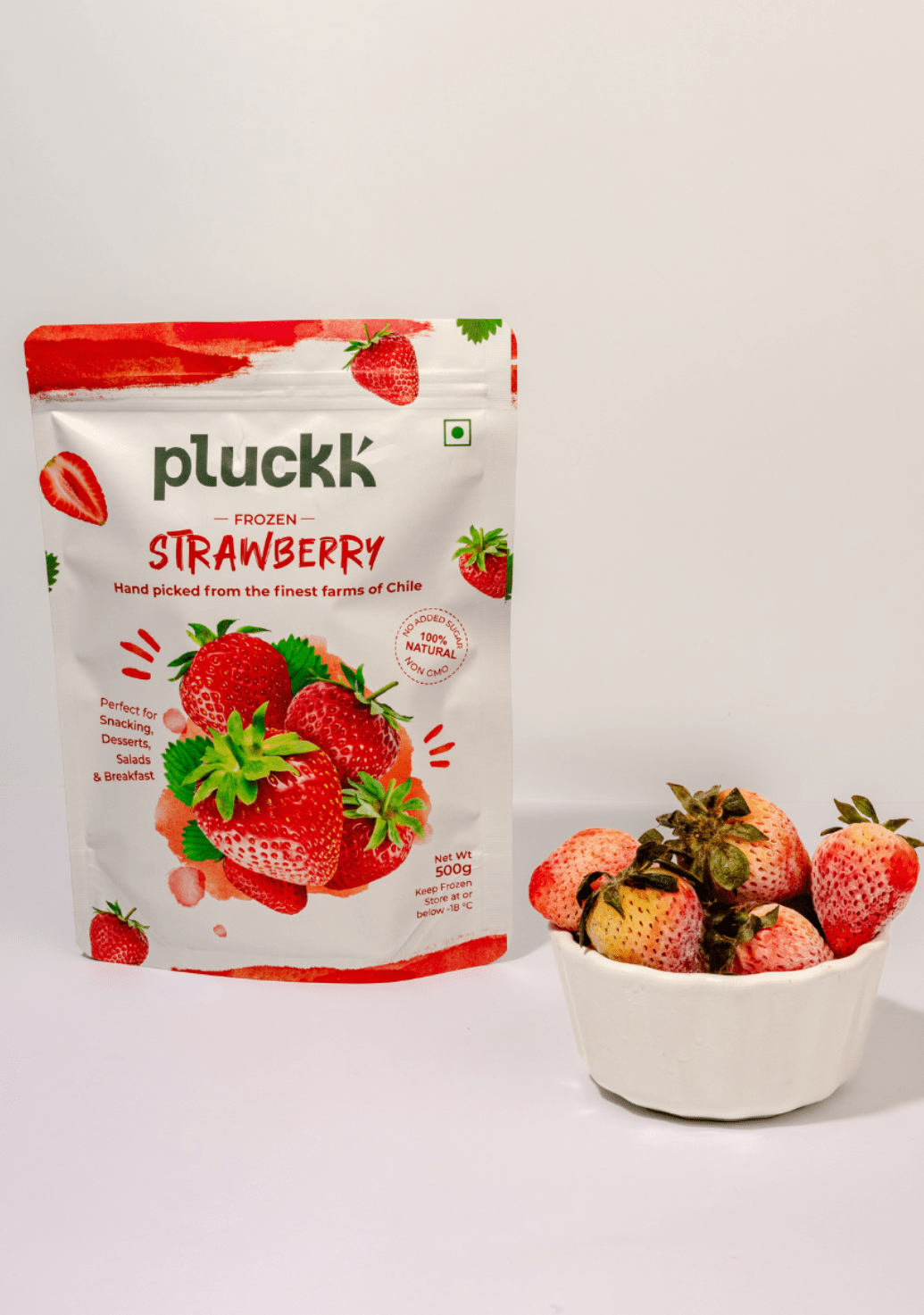
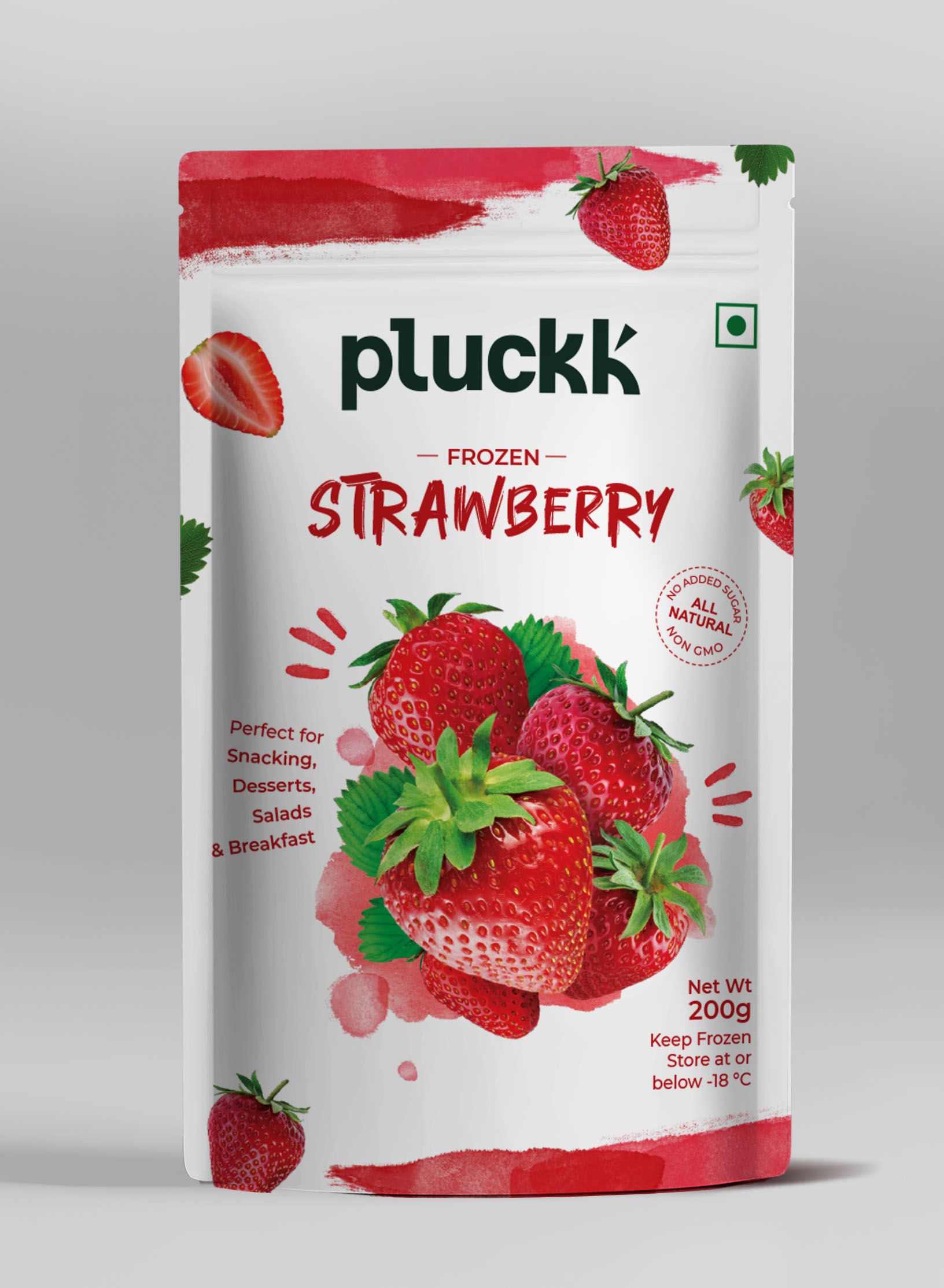
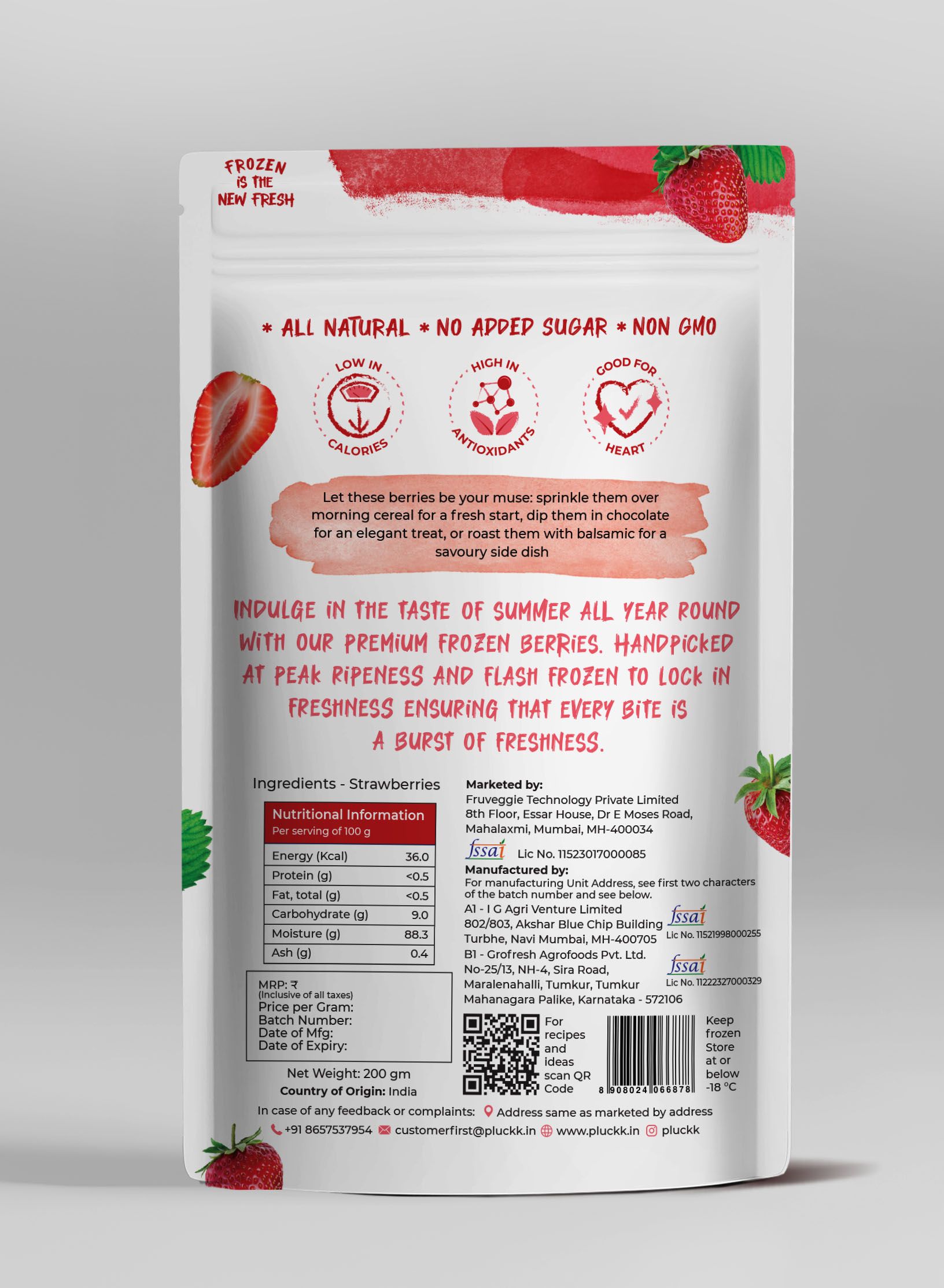
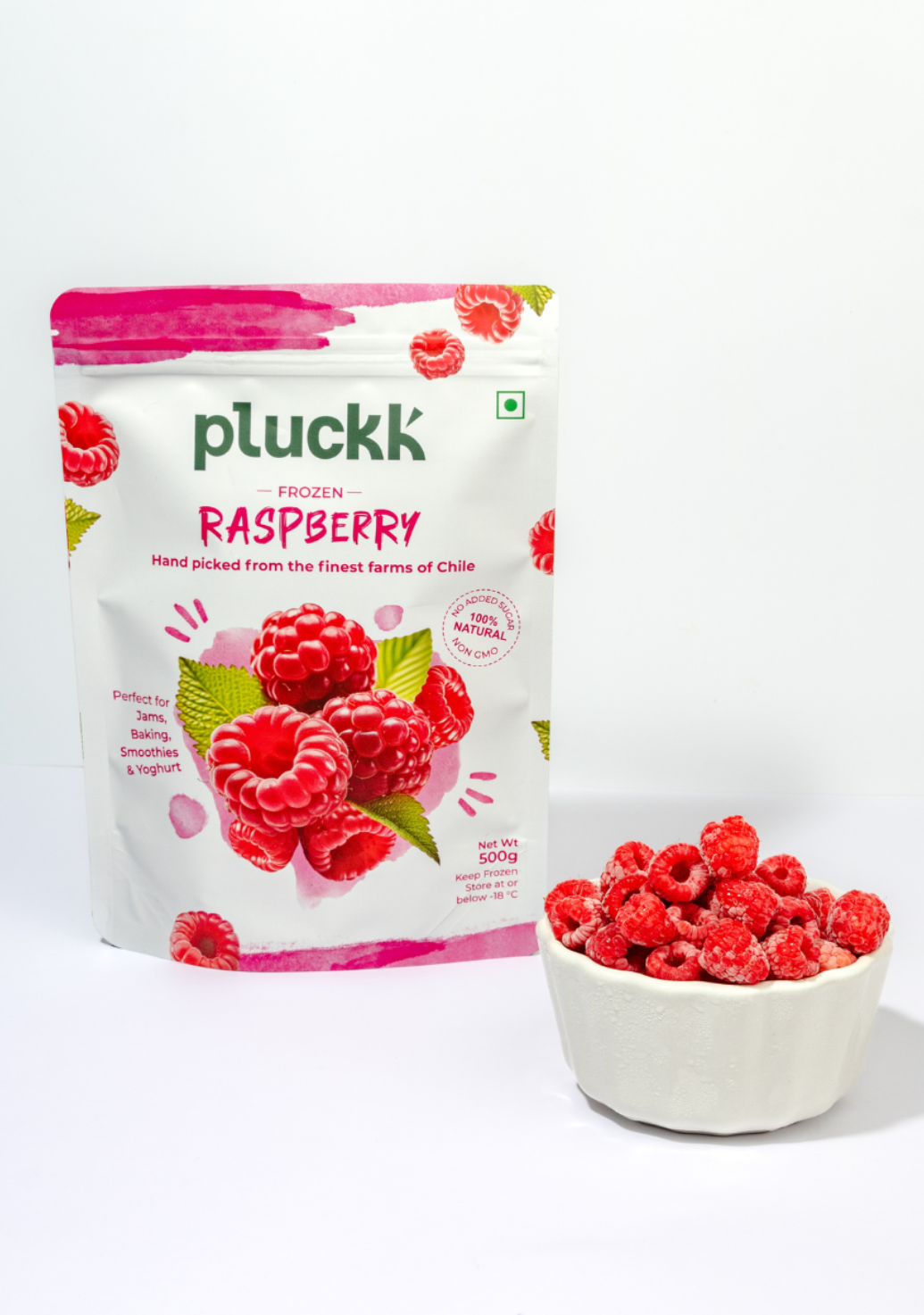
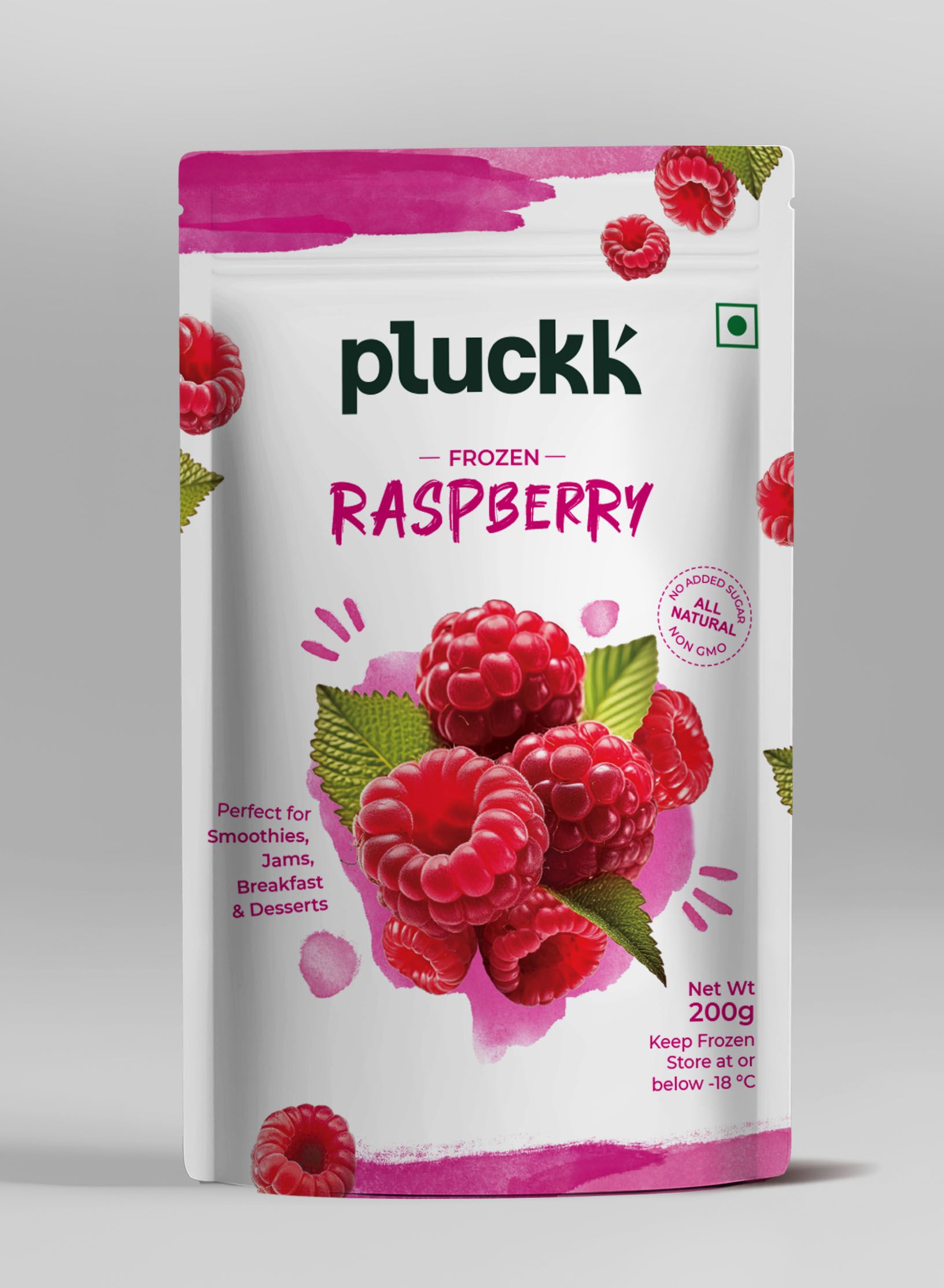
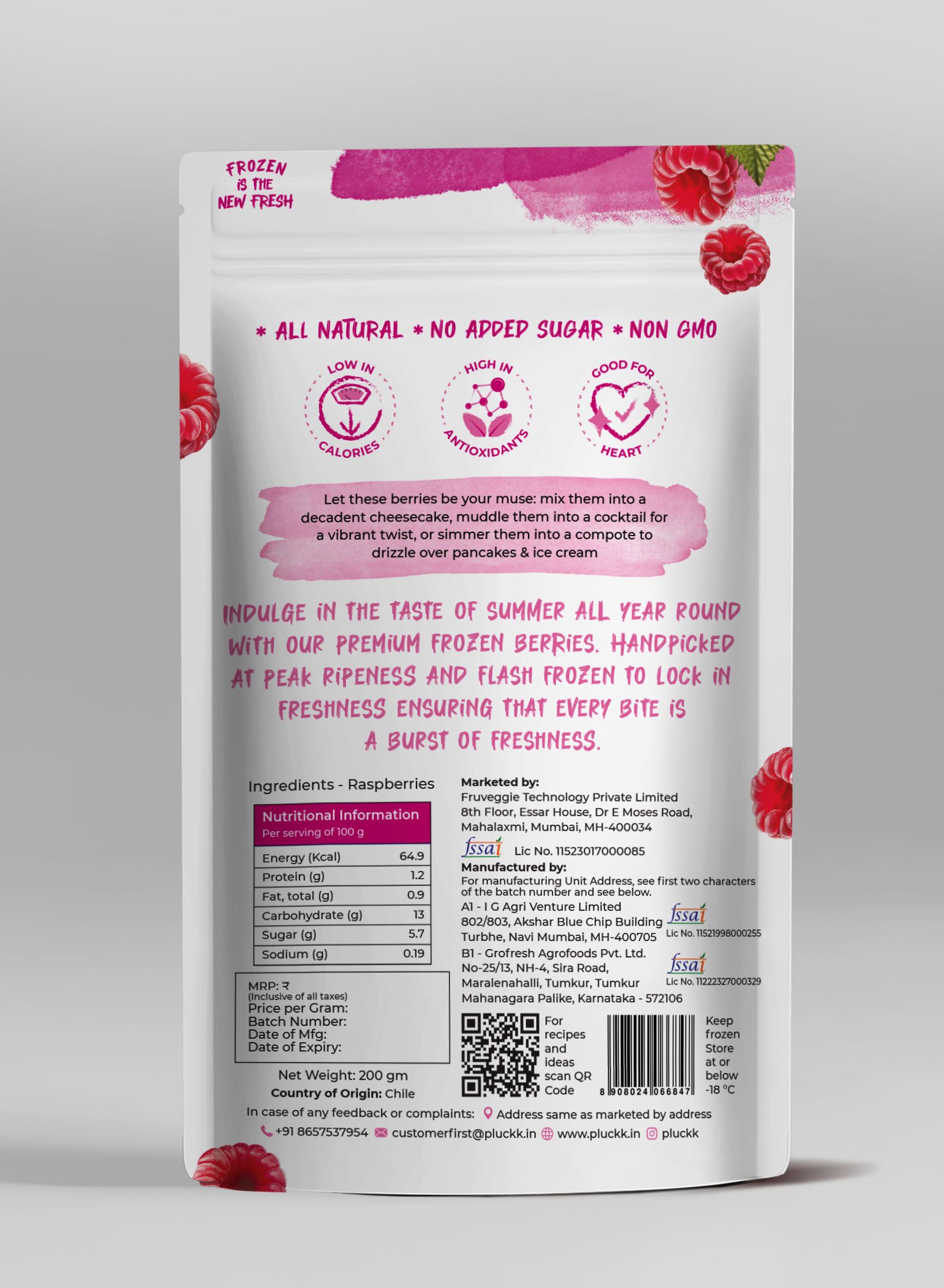
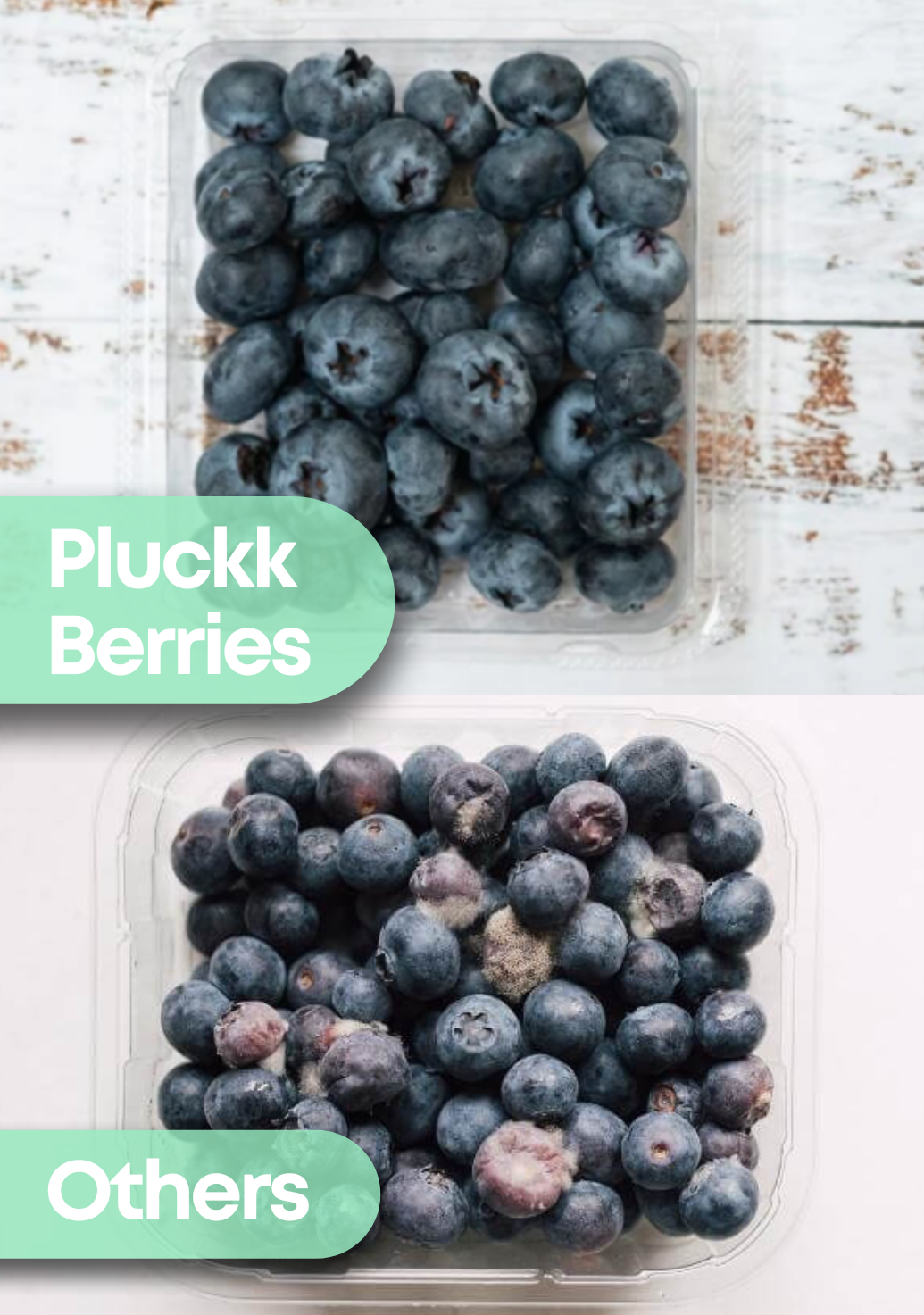

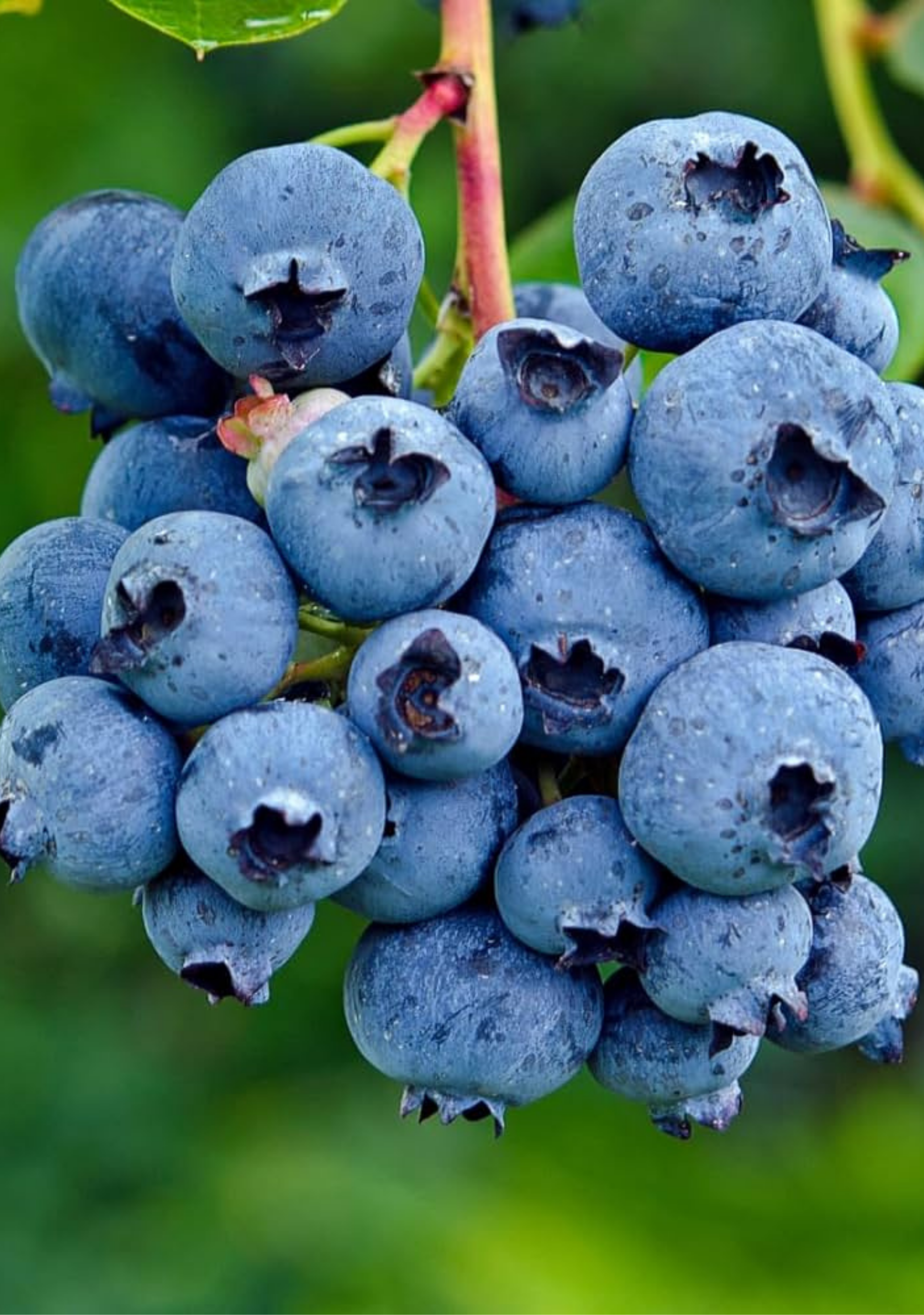
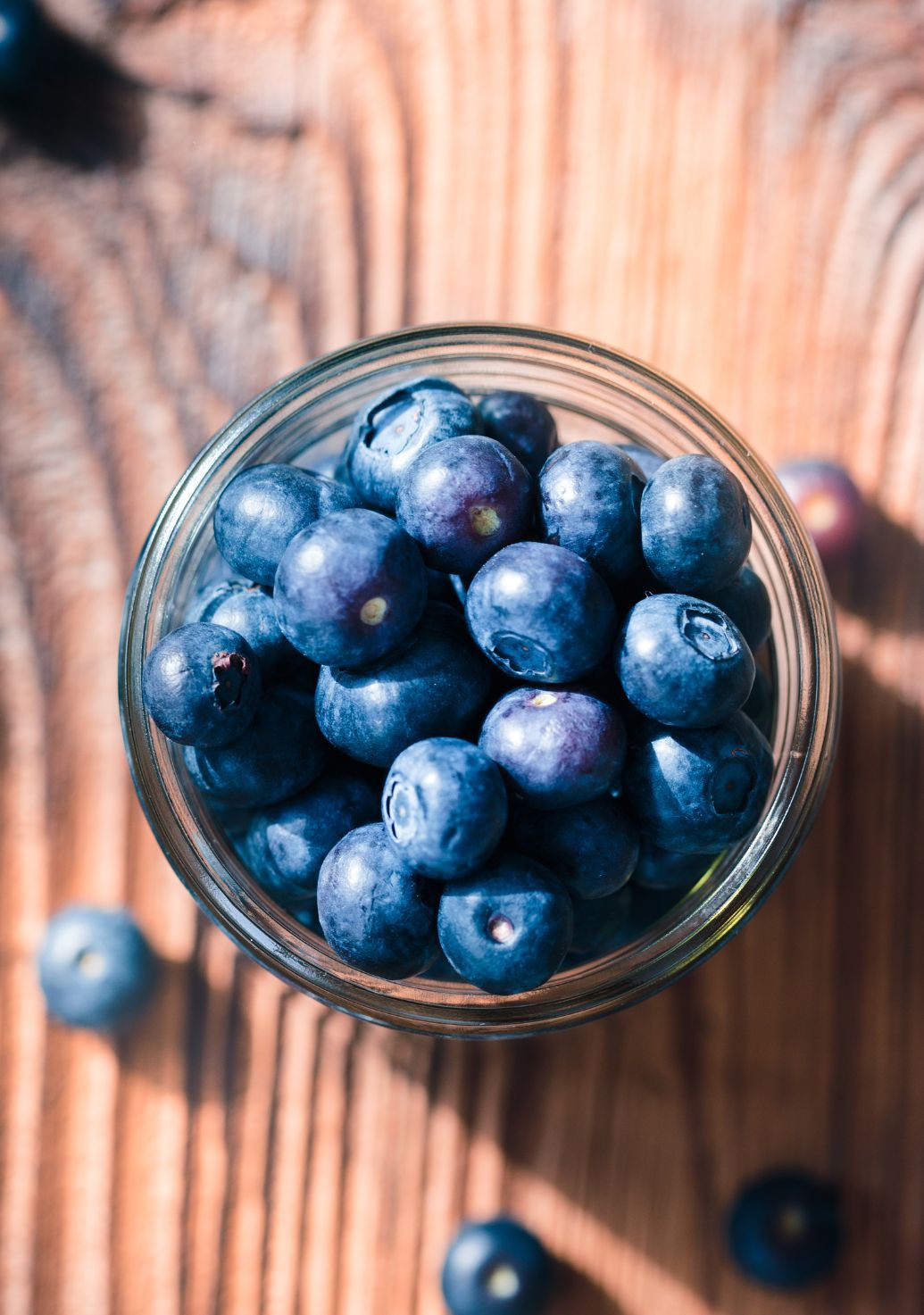
![Kiwi Green [Imported]img 4 Kiwi Green [Imported]img 4](https://im.pluckk.in/unsafe/1053x0/uploads/new_sku_designs_v3/242221220AF/4.jpg)
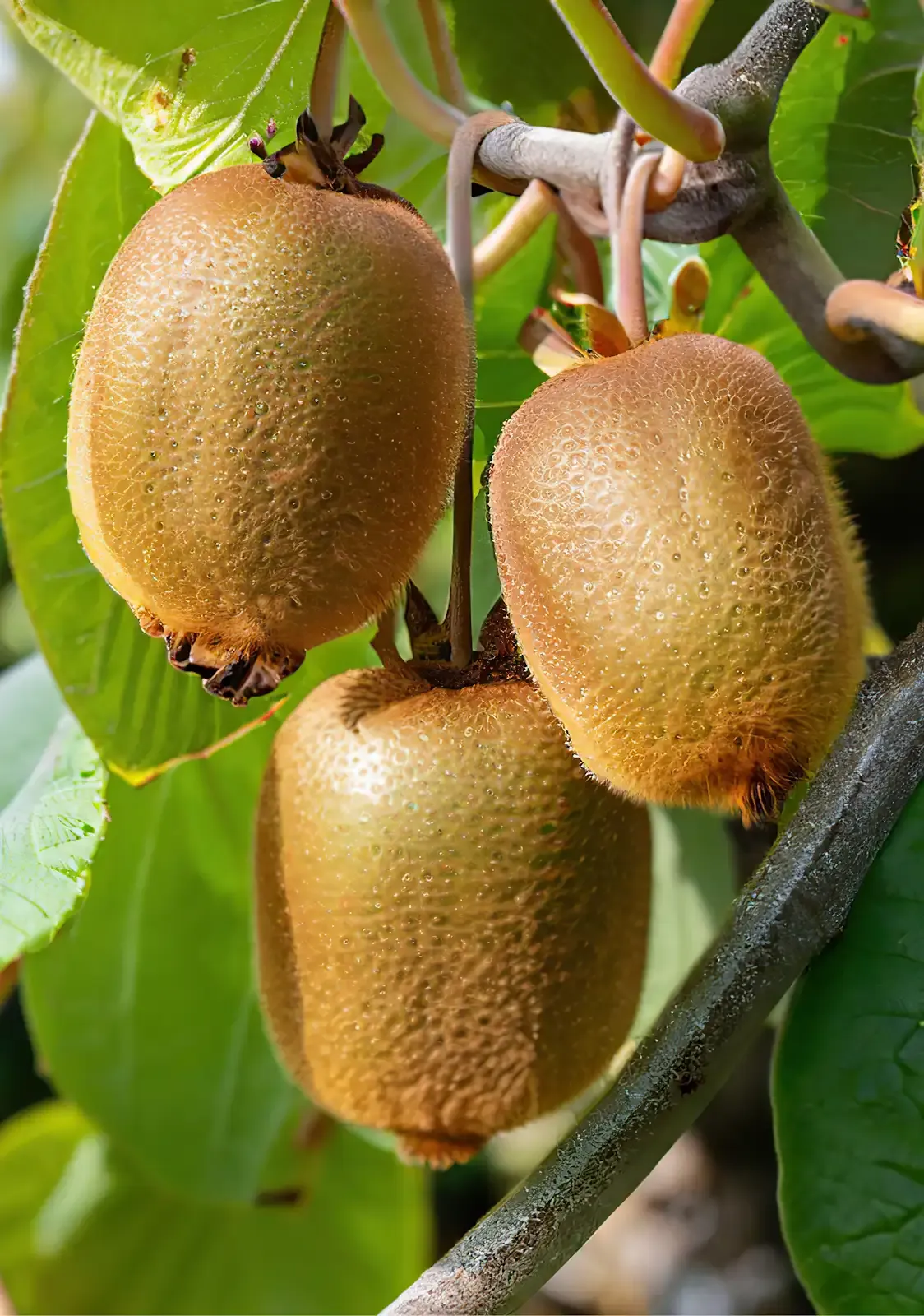
![Kiwi Green [Imported]img 1 Kiwi Green [Imported]img 1](https://im.pluckk.in/unsafe/1053x0/uploads/new_sku_designs_v3/242221220AF/1.jpg)
![Kiwi Green [Imported]img 5 Kiwi Green [Imported]img 5](https://im.pluckk.in/unsafe/1035x0/uploads/27814-vertical-images-sku-48.jpg)
![Kiwi Green [Imported]img 2 Kiwi Green [Imported]img 2](https://im.pluckk.in/unsafe/1053x0/uploads/new_sku_designs_v3/242221220AF/2.jpg)
![Kiwi Green [Imported]img 3 Kiwi Green [Imported]img 3](https://im.pluckk.in/unsafe/1053x0/uploads/new_sku_designs_v3/242221220AF/3.jpg)


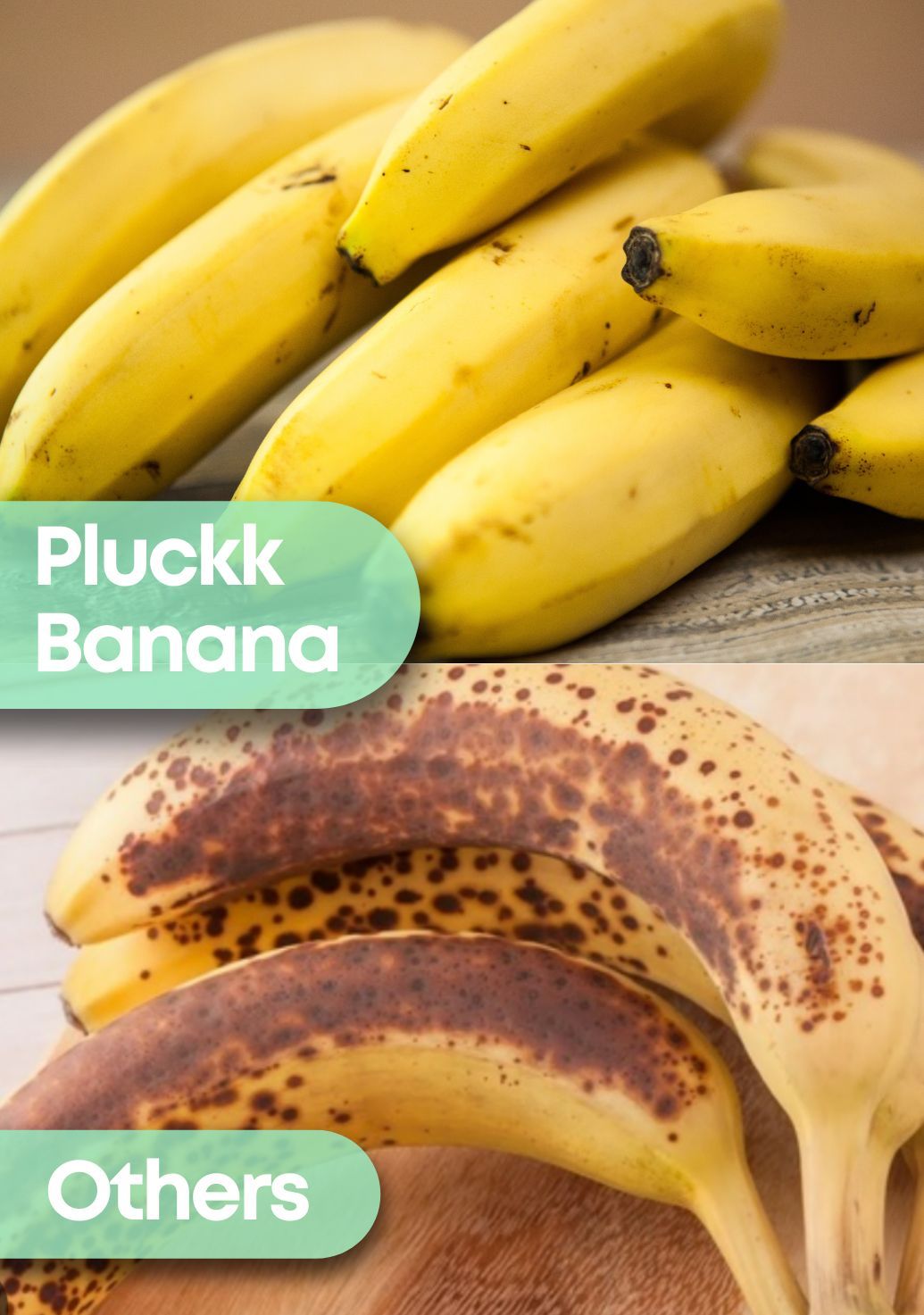

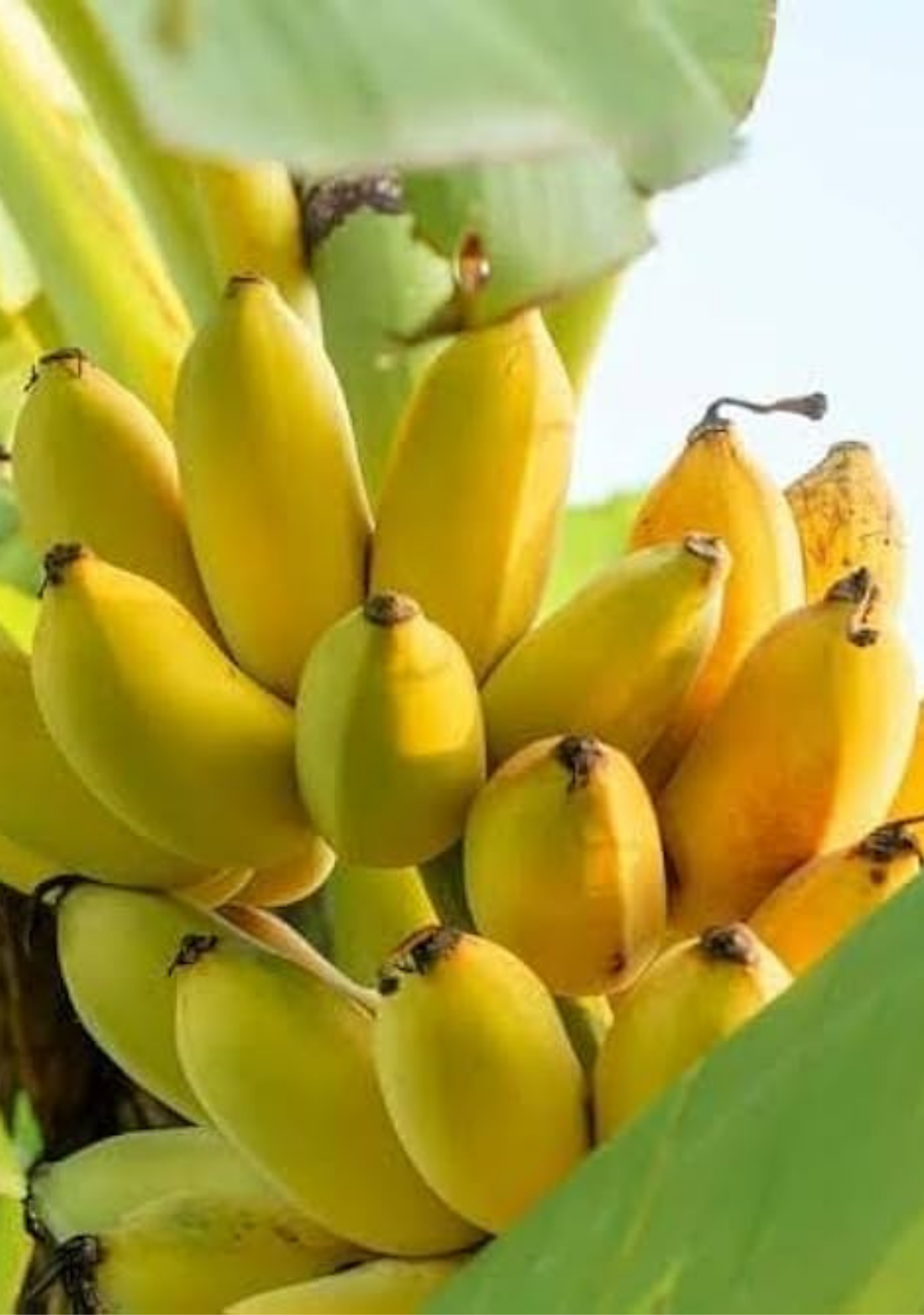






![Pear Green [Imported]img 3 Pear Green [Imported]img 3](https://im.pluckk.in/unsafe/1053x0/uploads/new_sku_designs_v3/242621275AH/3.jpg)
![Pear Green [Imported]img 1 Pear Green [Imported]img 1](https://im.pluckk.in/unsafe/1053x0/uploads/new_sku_designs_v3/242621275AH/1.jpg)
![Pear Green [Imported]img 2 Pear Green [Imported]img 2](https://im.pluckk.in/unsafe/1053x0/uploads/new_sku_designs_v3/242621275AH/2.jpg)
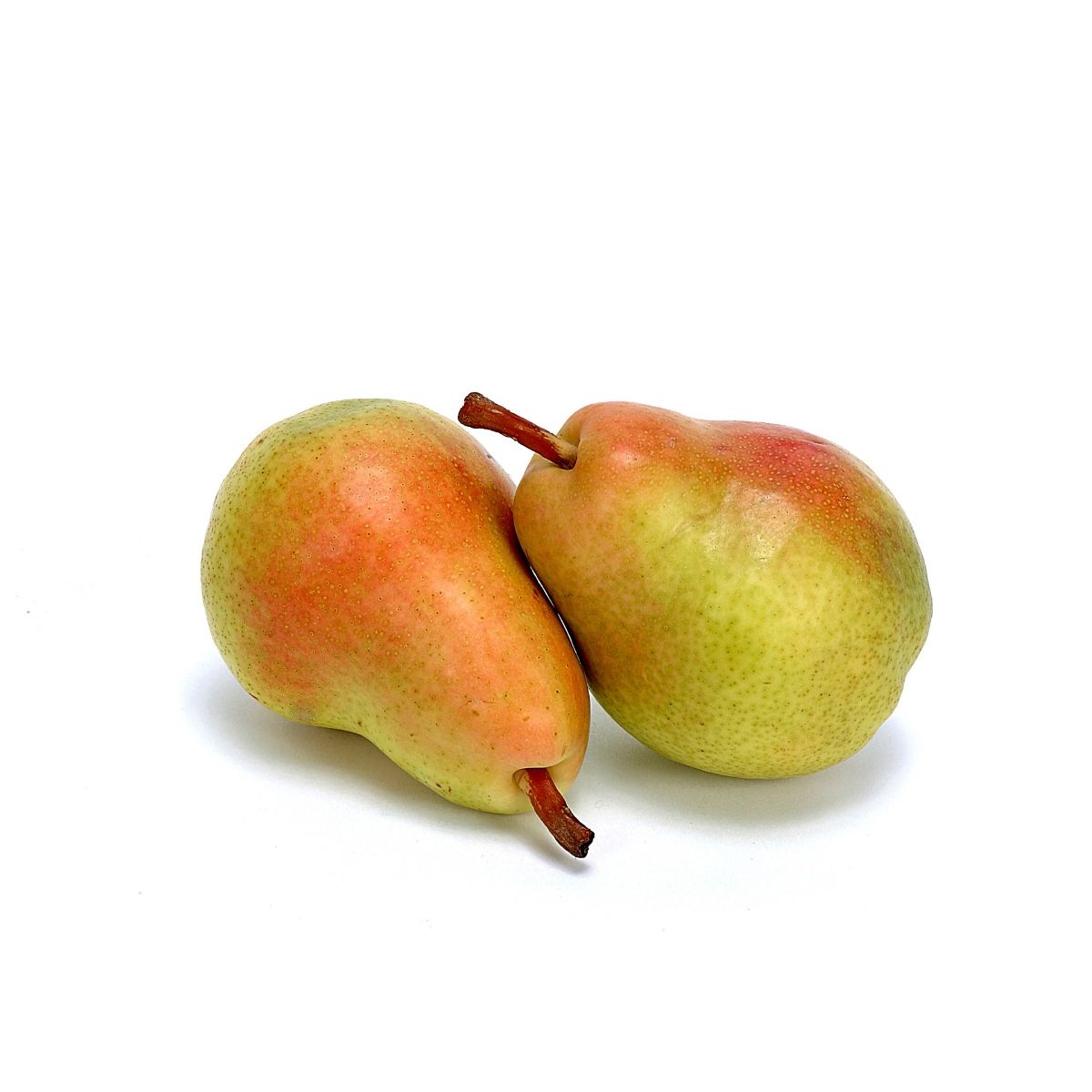
![Premium Avocado Hass [Imported]img 1 Premium Avocado Hass [Imported]img 1](https://im.pluckk.in/unsafe/1053x0/uploads/new_sku_designs_v3/241224370AL/1.jpg)
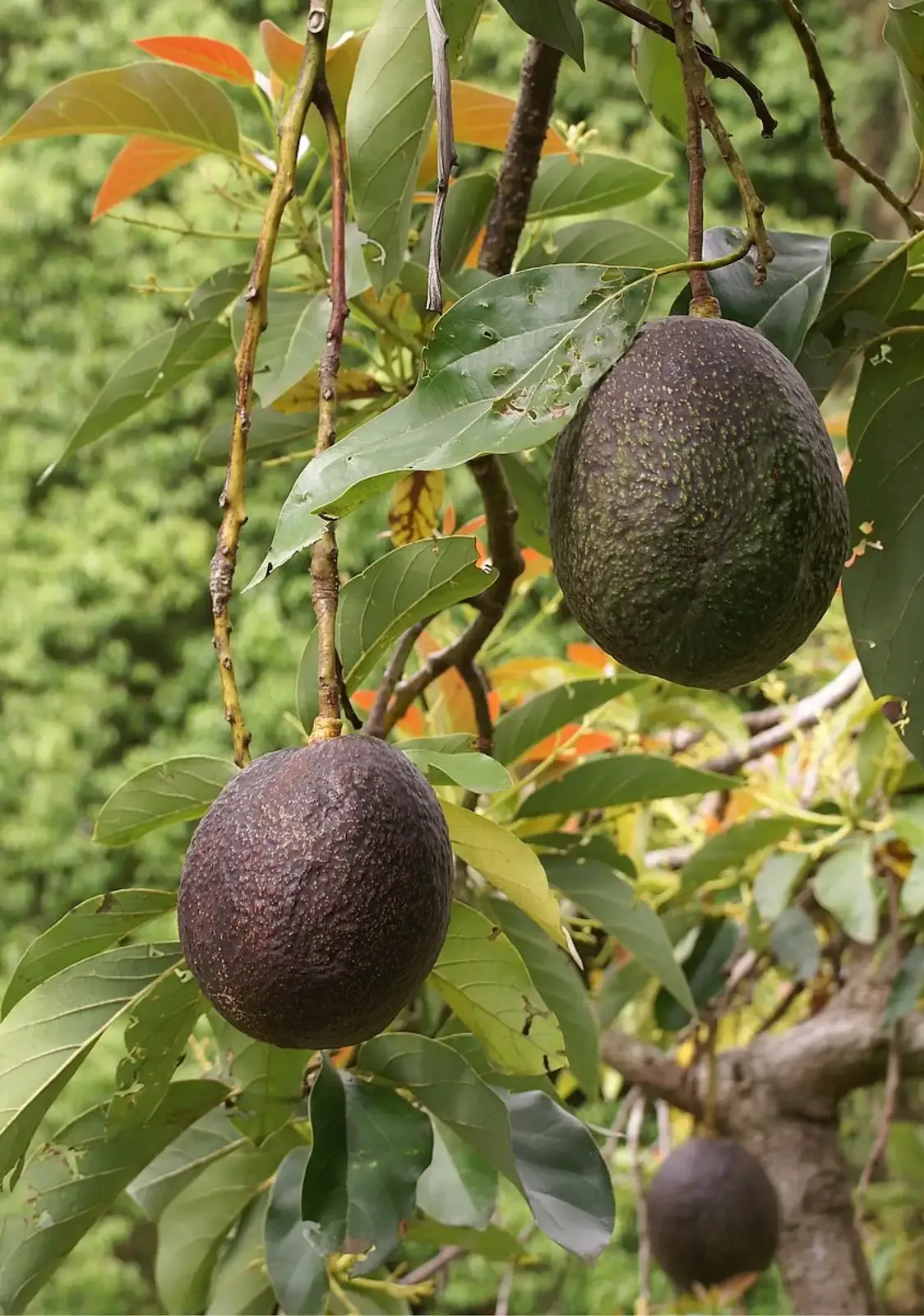

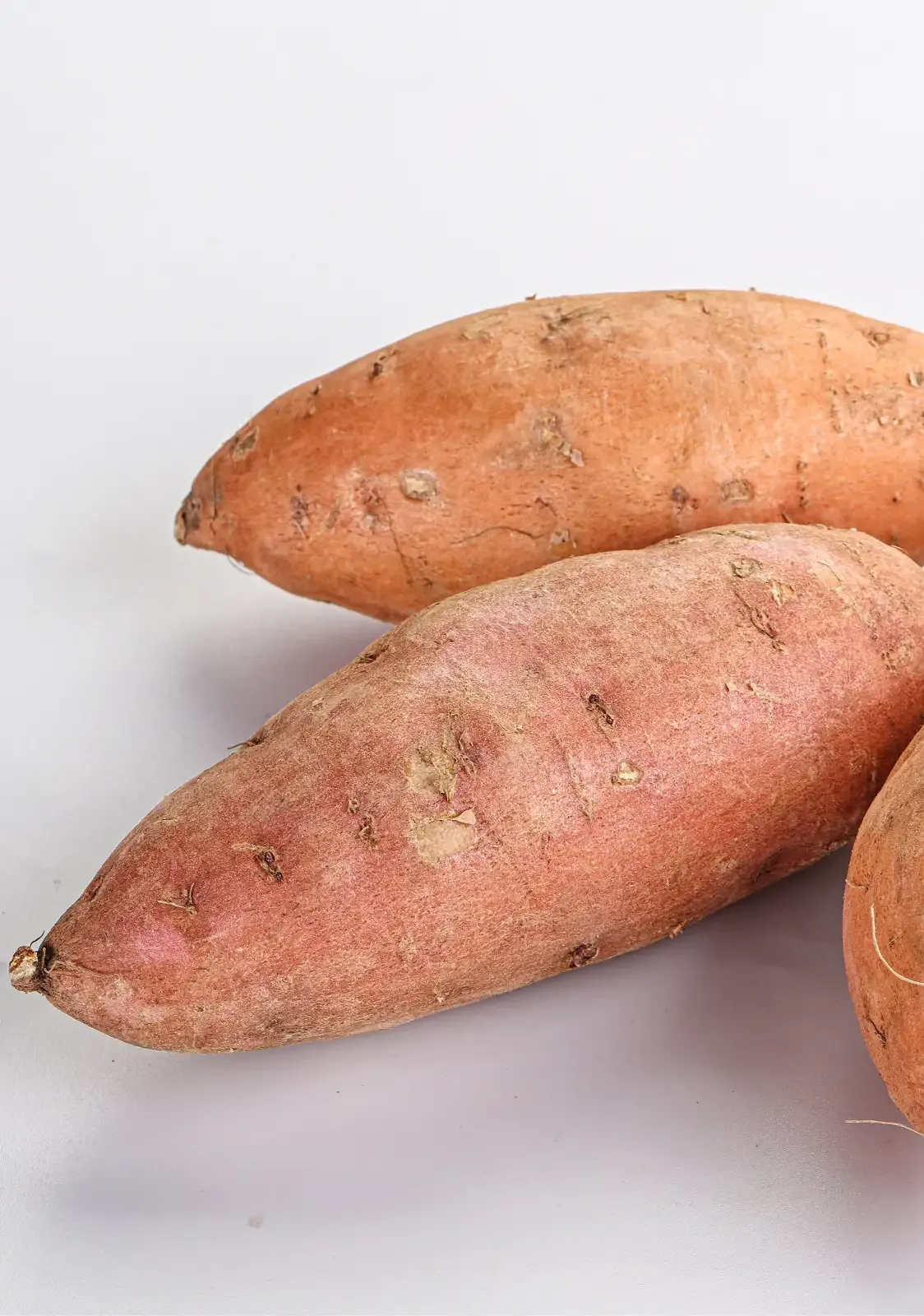


![Beetroot [Chukandar]img 3 Beetroot [Chukandar]img 3](https://im.pluckk.in/unsafe/1035x0/uploads/new_sku_designs_v3/111111140AL/3.jpg)

![Beetroot [Chukandar]img 1 Beetroot [Chukandar]img 1](https://im.pluckk.in/unsafe/1032x0/uploads/new_sku_designs_v3/111111140AL/1.jpg)
![Beetroot [Chukandar]img 2 Beetroot [Chukandar]img 2](https://im.pluckk.in/unsafe/1035x0/uploads/new_sku_designs_v3/111111140AL/2.jpg)

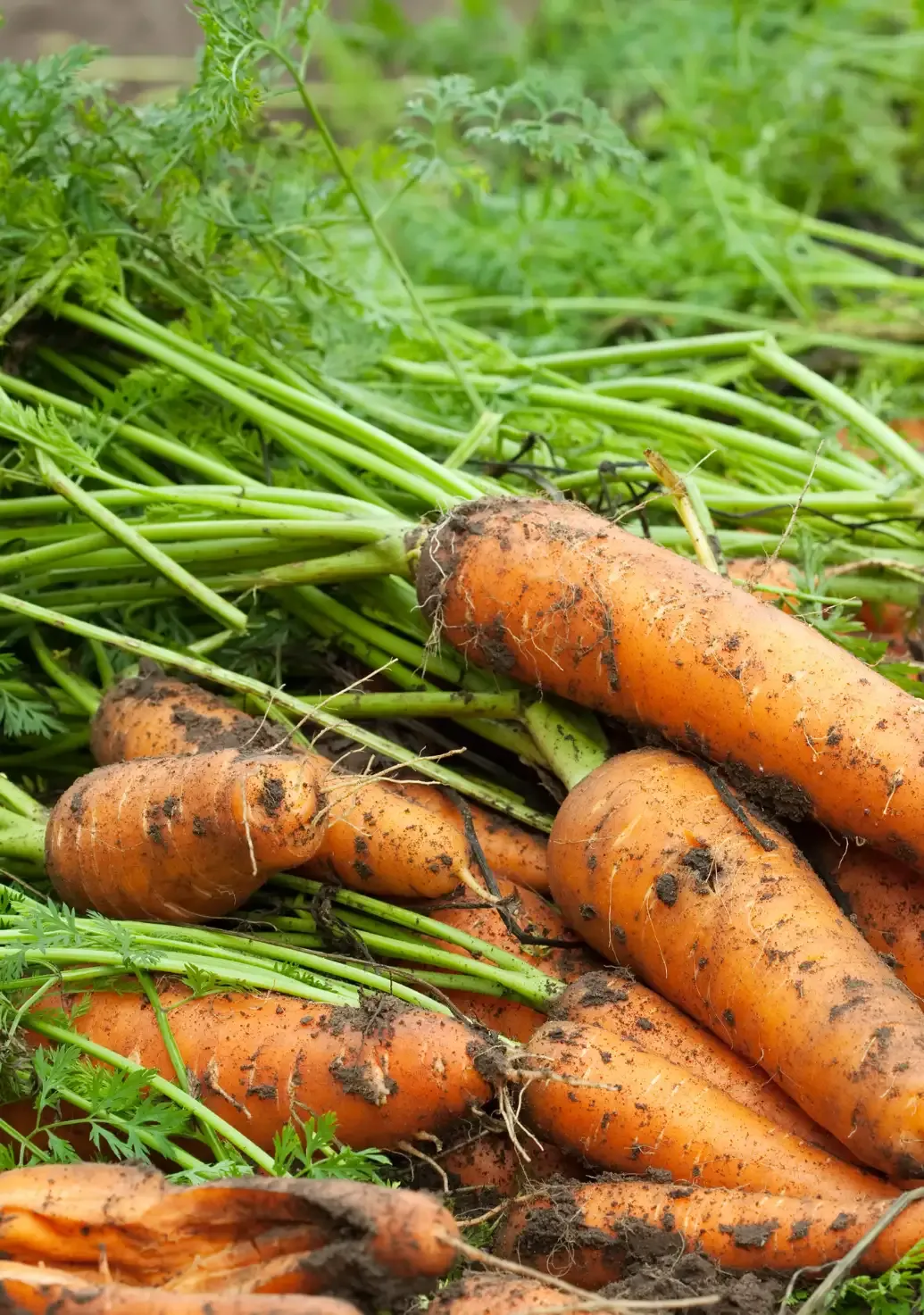

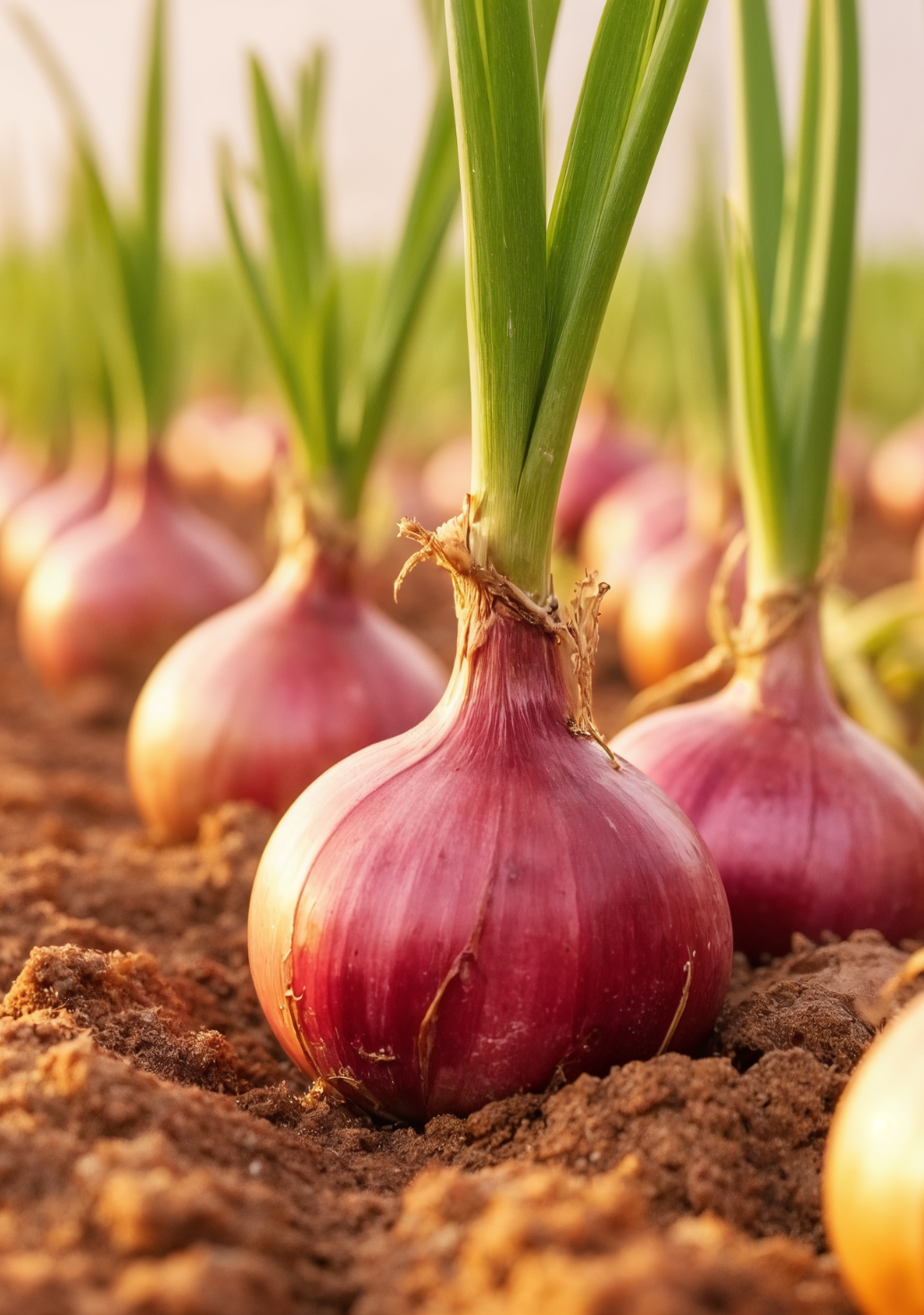

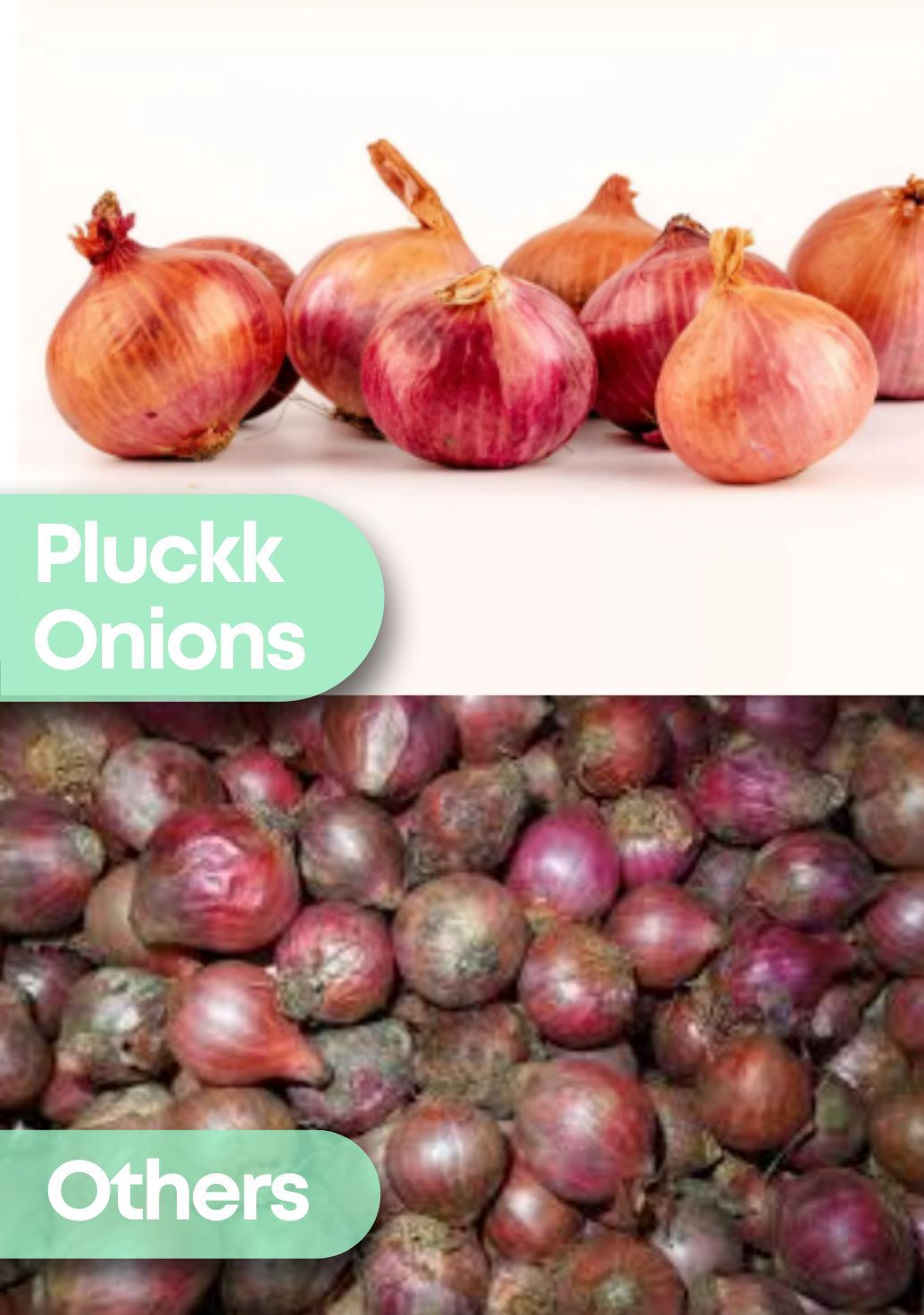
![Garlic [Lehsun]img 2 Garlic [Lehsun]img 2](https://im.pluckk.in/unsafe/1032x0/uploads/new_sku_designs_v3/111111199AB/2.jpg)
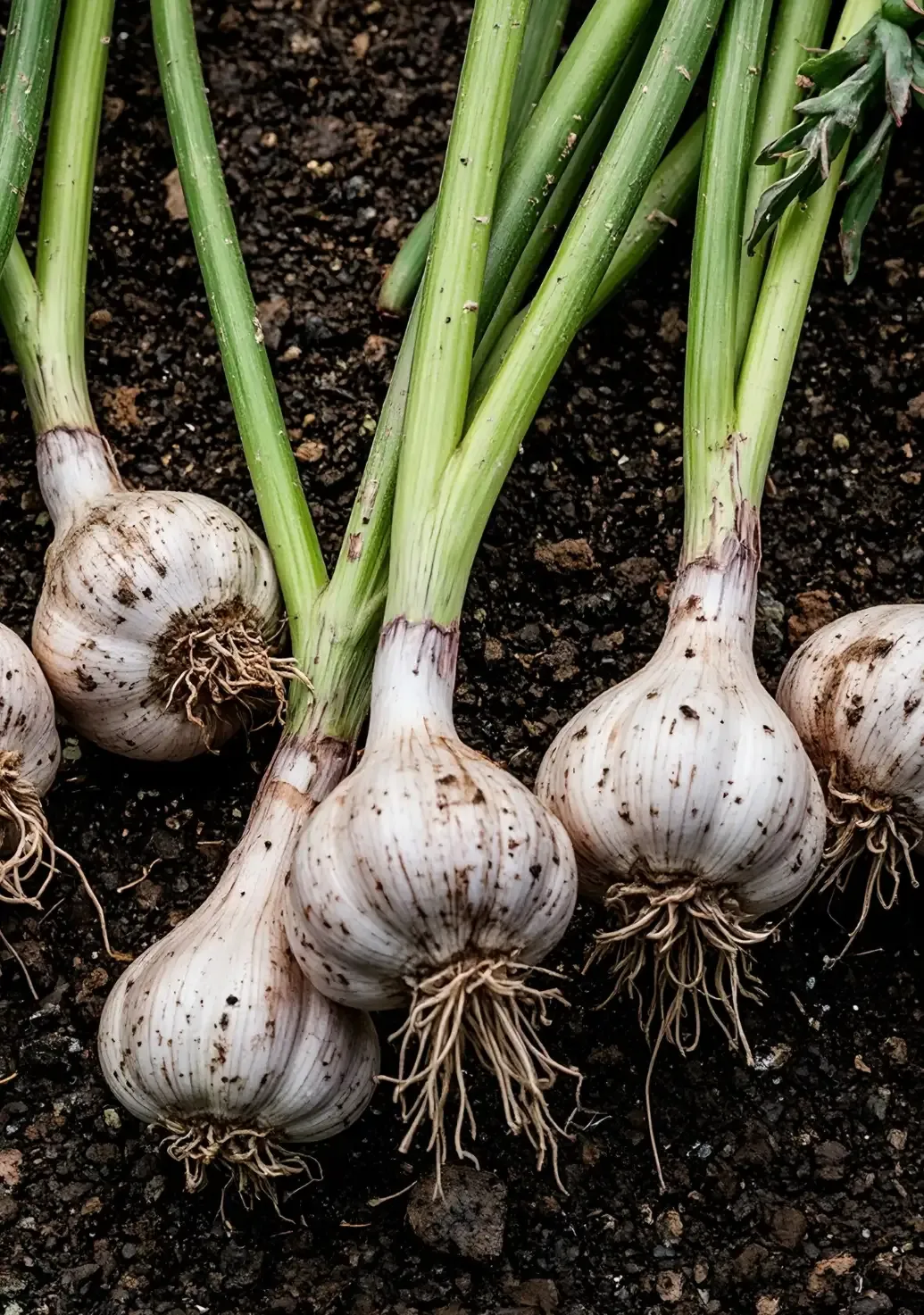
![Garlic [Lehsun]img 1 Garlic [Lehsun]img 1](https://im.pluckk.in/unsafe/1032x0/uploads/new_sku_designs_v3/111111199AB/1.jpg)



